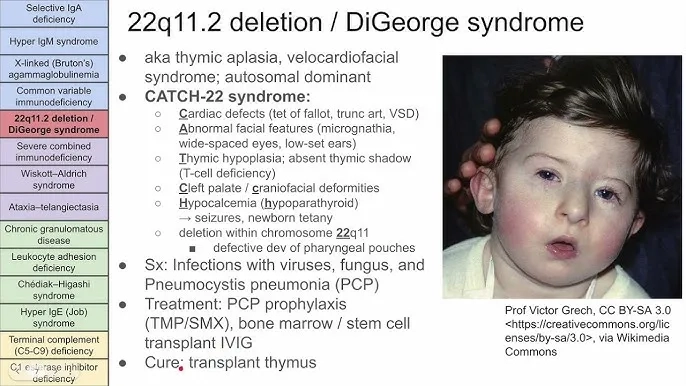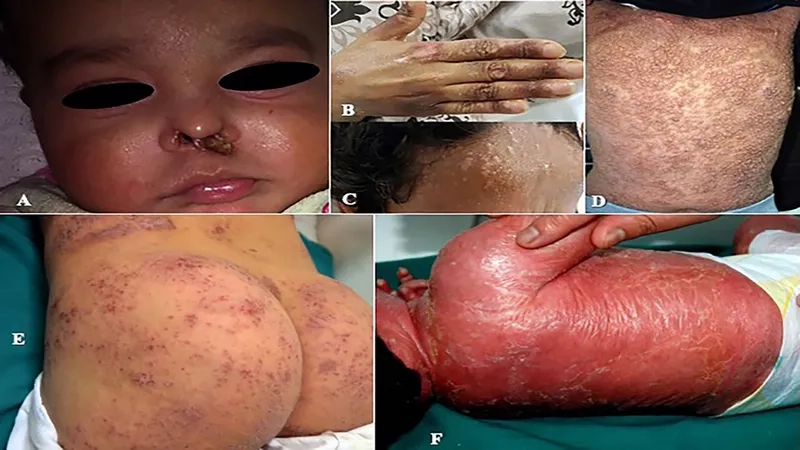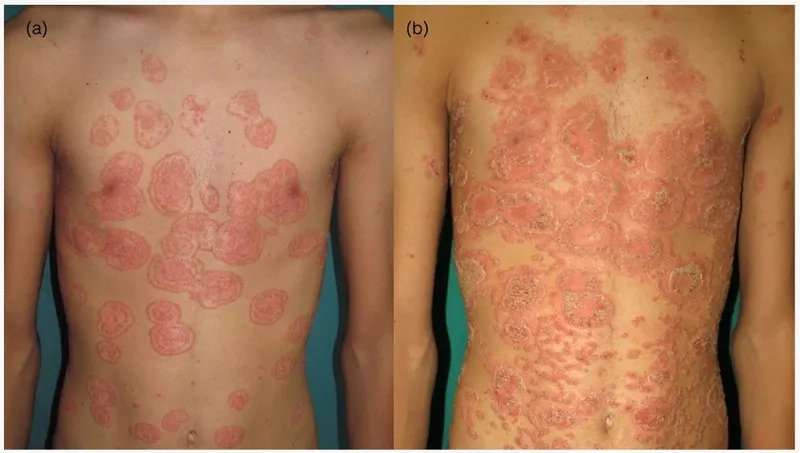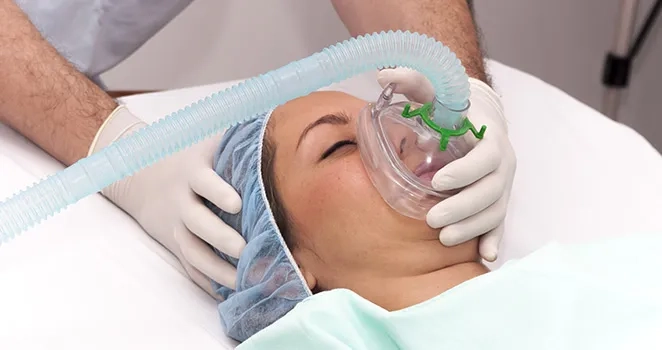Are frequent, severe infections a part of your life? Understanding Primary Immunodeficiency Diseases could be the key to finding answers and improving your health. Don't ignore the warning signs - discover what you need to know about these complex genetic conditions today.
What are the main causes of Primary Immunodeficiency Diseases?
- These are inherited genetic disorders that impair immune system development and function, not diseases caused by lifestyle factors or environment.
- There are many types of primary immunodeficiency, including agammaglobulinemia and selective IgA deficiency, each from a different genetic mutation.
- These genetic defects can affect various immune cells, like T-cells and B-cells, or the proteins they produce to fight infection.

Key symptoms of Primary Immunodeficiency Diseases to watch for
- The most common signs are recurrent, severe, or unusual infections that are very difficult to treat with standard antibiotic courses.
- Other symptoms include poor growth, autoimmune disorders, and unexplained inflammation of internal organs without a clear infectious cause.
- Specific types like Common Variable Immunodeficiency (CVID) or the severe SCID present with distinct patterns of infection and immune issues.
How can you manage Primary Immunodeficiency Diseases effectively?
- A primary immunodeficiency diagnosis is confirmed through specialized blood tests that measure immune cells, their function, and genetic analysis.
- Primary immunodeficiency treatment often involves lifelong immunoglobulin replacement therapy to provide antibodies the body cannot make on its own.
- For severe types like SCID, treatment may involve a stem cell transplant; support is available from the Primary Immunodeficiency Foundation.
>>> See details: Neurofibromatosis – types, symptoms and treatment options
Image of the disease Primary Immunodeficiency Diseases





>>> See more: Tuberous sclerosis – causes, signs and management
Living with a PI disease requires specialized care. If you have recurrent infections, see an immunologist for diagnosis and management to improve your quality of life.
>>> Learn now: Fragile x syndrome – symptoms, diagnosis and care


